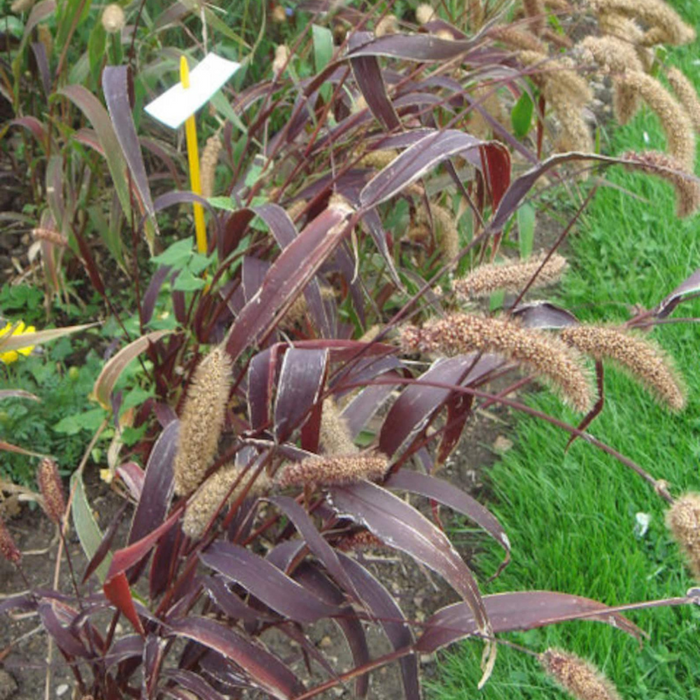
Jewel Millet Ornamental Seeds
Original price
$4.99
-
Original price
$4.99
Original price
$4.99
$4.99
-
$4.99
Current price
$4.99
Ignite your garden with the fiery beauty of our Jewel Millet Ornamental Seeds. These ornamental seeds promise to yield a mix of millet grasses in shades of red and orange, creating a warm and inviting atmosphere. Plant this mix to infuse your outdoor space with the glowing embers of natural beauty. Ideal for adding a burst of color to your landscape, this variety promises to create an improvisation of visual.
Specifications:
- Color: Red
- Plant seeds: Outdoors after frost / Indoors weeks before the last frost
- Plant height: 48"
- Plant spacing: 36"
- Bloom time: Summer
- Hardiness zone: N/A
- Light requirements: Sun
- Soil & water preferences: Average
- Quantity: 25 Seeds




